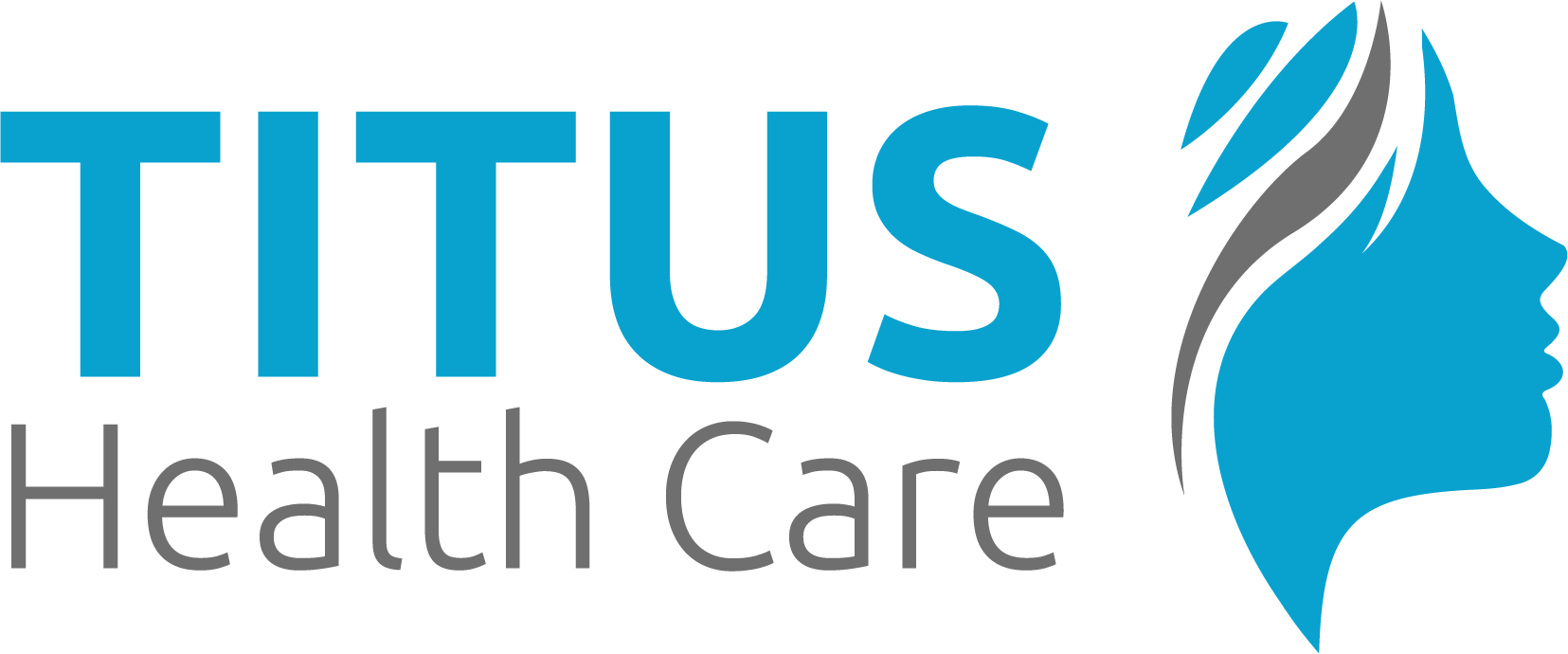Contraception in eating disorders
Women with eating disorders may develop amenorrhoea or an anovulatory, irregular cycle due to weight loss. But if they are sexually active, they still need an effective form of contraception. As a healthcare professional, how do you inform women with eating disorders about contraception? How do you take into account the effect of eating disorders on cycle and fertility? And the impact of eating disorders on the safety and effectiveness of different contraceptive methods? The British Faculty of Sexual Reproductive Health (FSRH) developed a statement to support healthcare providers. You can read more about it in this blog.
Eating disorders: more than anorexia
Eating disorders are serious conditions with physical, psychological and social consequences. Anorexia nervosa and bulimia nervosa are the most well-known types. But other eating disorders such as binge-eating disorder and other specific eating disorders are actually more common. Exactly how common different types of eating disorders are is not known. Common denominator: in all eating disorders, distorted self-image and abnormal attitudes and behaviours towards food are important features. Other features may vary from one eating disorder to another. Anorexia, for example, revolves around consciously taking in less food, which often leads to low body weight and intense fear of gaining weight. Women with bulimia, on the other hand, often have a normal or above-average weight. They often suffer from recurrent episodes of binge-eating and compensatory behaviour such as vomiting or using laxatives to prevent weight gain.
Statement Faculty of Sexual Reproductive Health
But as a healthcare provider, how do you inform women with eating disorders about contraception? Eating disorders can additionally affect the cycle, fertility, safety and effectiveness of some contraceptive methods. How do you take this into account? The Faculty of Sexual Reproductive Health (FSRH), part of the UK's Royal College of Obstetricians and Gynaecologists, has developed a statement on the use of contraception by women with eating disorders. With this statement, they aim to support healthcare professionals in informing women with eating disorders about contraception.
Considerations for contraception in eating disorders
In their statement, the FSRH included several pieces of advice. The main points:
- Inform women with an eating disorder of the increased risk of adverse pregnancy outcomes if they are underweight. Advice is to postpone any pregnancy desire until the disorder is in remission.
- Keep in mind that hormonal contraceptive methods can cause changes in the body that are less well accepted by women with a vested body image.
- Hormonal contraception can cause changes in menstrual patterns. Think amenorrhoea with progesterone-only methods or regular withdrawal bleeding with combined methods. This can mask somatic recovery of the menstrual cycle when the eating disorder improves. Hormone-free methods such as copper aspirates do not mask the return of a menstrual cycle.
- Cycle disorders related to eating disorders (insufficient calorie intake) are associated with loss of bone mineral density. Combined hormonal contraceptive methods are often used as protection against bone mineral density loss. But, this protective effect has not been demonstrated in women with anorexia.
- Long-acting reversible contraceptives (LARCs), such as copper coils, hormone coils and implantable rods are the most effective methods in this population.
Want to know more?
Want to read more about the impact of eating disorders on the cycle, fertility and pregnancies of women with eating disorders? On the website of the Faculty of Sexual Reproductive Health you read it full statement. The statement also provides a handy overview of different contraceptive methods and their pros and cons for women with eating disorders.


